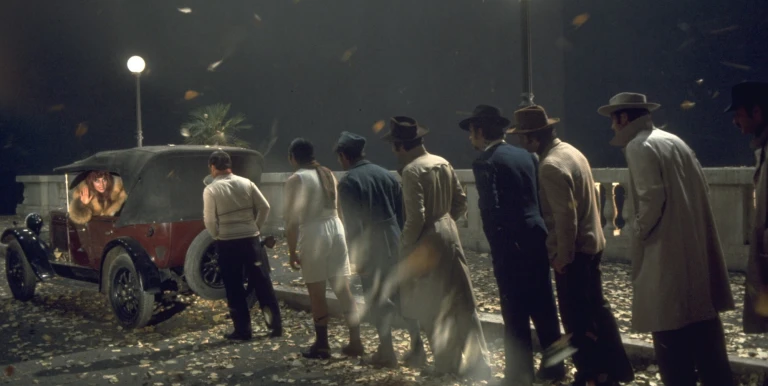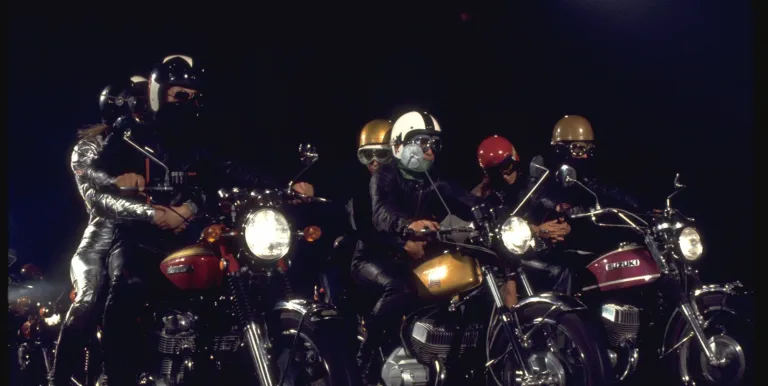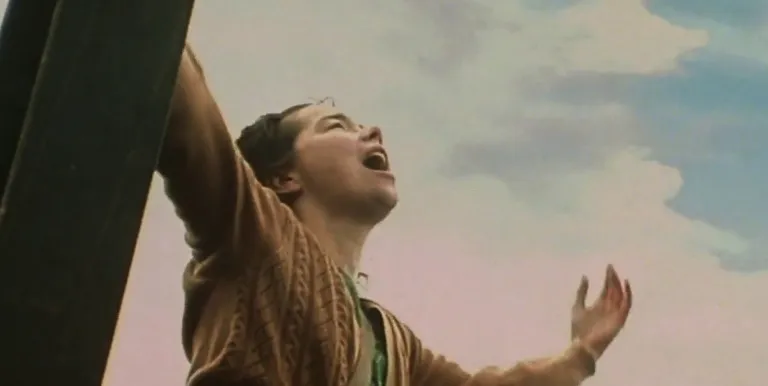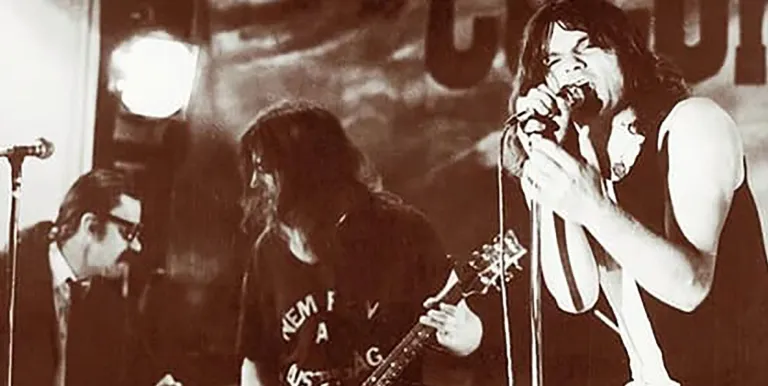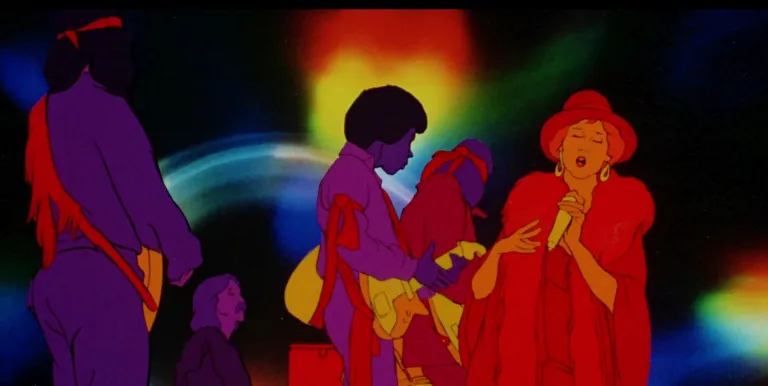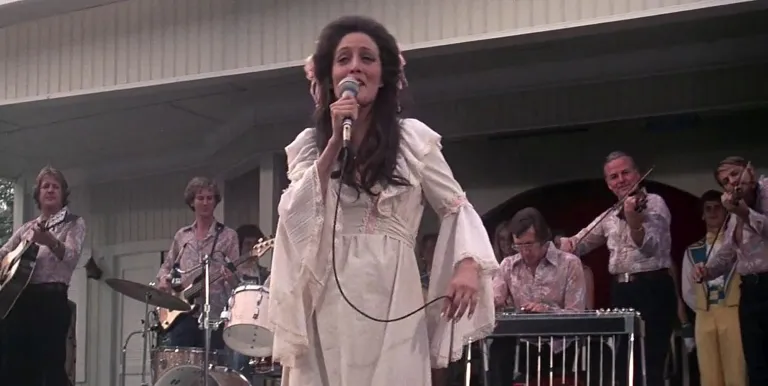Creator:
Featuring:
Fellini's film opens with a scene where a teacher takes his students across the Rubicon River on their way to Rome. Then, in a slightly later episode, a young man sets off on the 340-kilometre journey. He is Fellini's alter ego, since, like the director, he leaves the distant north (Fellini was born in Rimini) to go south and become a Roman, in 1939, instead of 1938. Rome is nothing like the small northern town. Rome is a noisy, bustling, smelly city. What a mess! And it is changing constantly. Rome is not a slow-moving novel, but rather a web of episodes. A montage. It has a multitude of layers, like a peculiar cake. A little bit of antiquity, a little bit of modernity, a layer of history, followed by another layer, which only exists in memories. Pious and frivolous, sometimes rough, sometimes hypocritical. It is intertwined with antique culture, which inevitably ages together with the city.
Fellini is not a fast-talking cicerone, instead he is a guide from Rome, taking his tourists across the city's famous sights. He usually picks odd parts of the city in his films. He is interested in people, not in the building blocks. As if to show that for those who live in Rome, this city is a natural habitat, not a place of spectacles. A biotope. Even its motorway. When the director - playing himself - sets off to Rome on the motorway, he has already arrived. The madness of the traffic jam, the bizarre vehicles and their passengers already signify Rome. Just like in other Fellini movies, where the Rome of prefabricated buildings and the housing estates around Cinecitta are the city itself. This movie, however, is slightly different. The closing scene shows a motorcycle gang taking us through Rome. (Slightly different to the frantic scooter scene in Roman Holiday.) Castel Sant'Angelo, Piazza Navona, the Spanish Steps, the Colosseum... the motorcycle gang roaring through the sights of Rome - through empty streets. There are no human voices, no music. Motorcycle headlights illuminating the night-time city's stone-clad mementos before speeding away.
In Italian, with Hungarian subtitles.
The discussions before and after the screening will be conducted in Hungarian.
Presented by: Müpa Budapest
-
We wish to inform you that in the event that Müpa Budapest's underground garage and outdoor car park are operating at full capacity, it is advisable to plan for increased waiting times when you arrive. In order to avoid this, we recommend that you depart for our events in time, so that you you can find the ideal parking spot quickly and smoothly and arrive for our performance in comfort. The Müpa Budapest underground garage gates will be operated by an automatic number plate recognition system. Parking is free of charge for visitors with tickets to any of our paid performances on that given day. The detailed parking policy of Müpa Budapest is available here.

